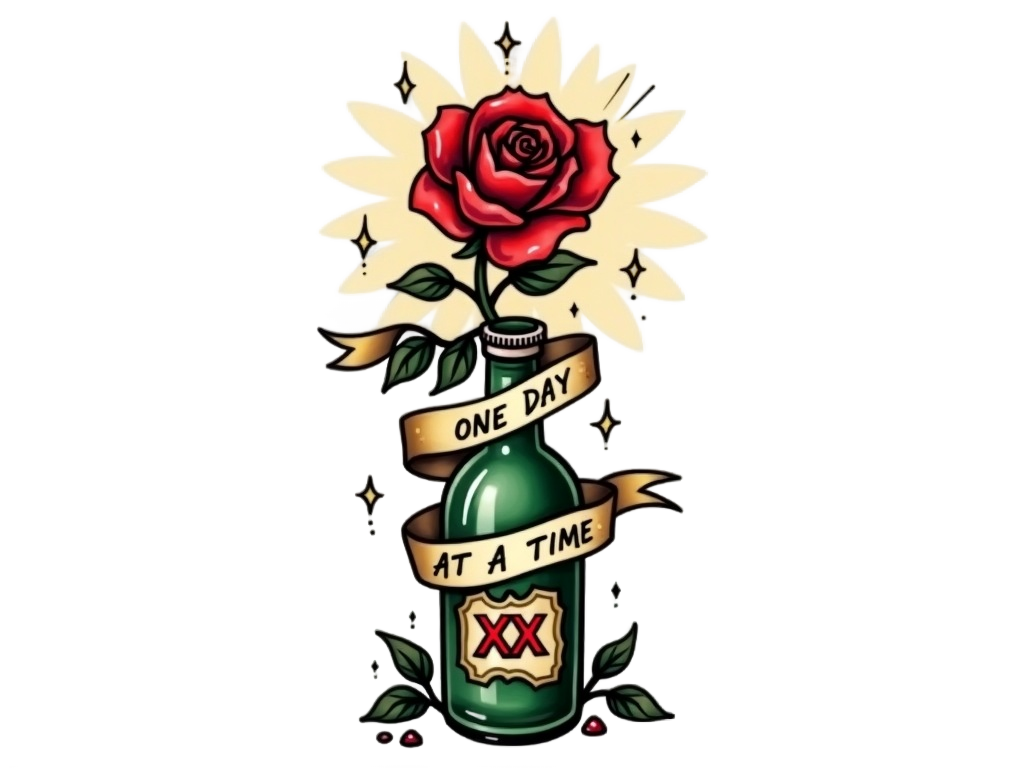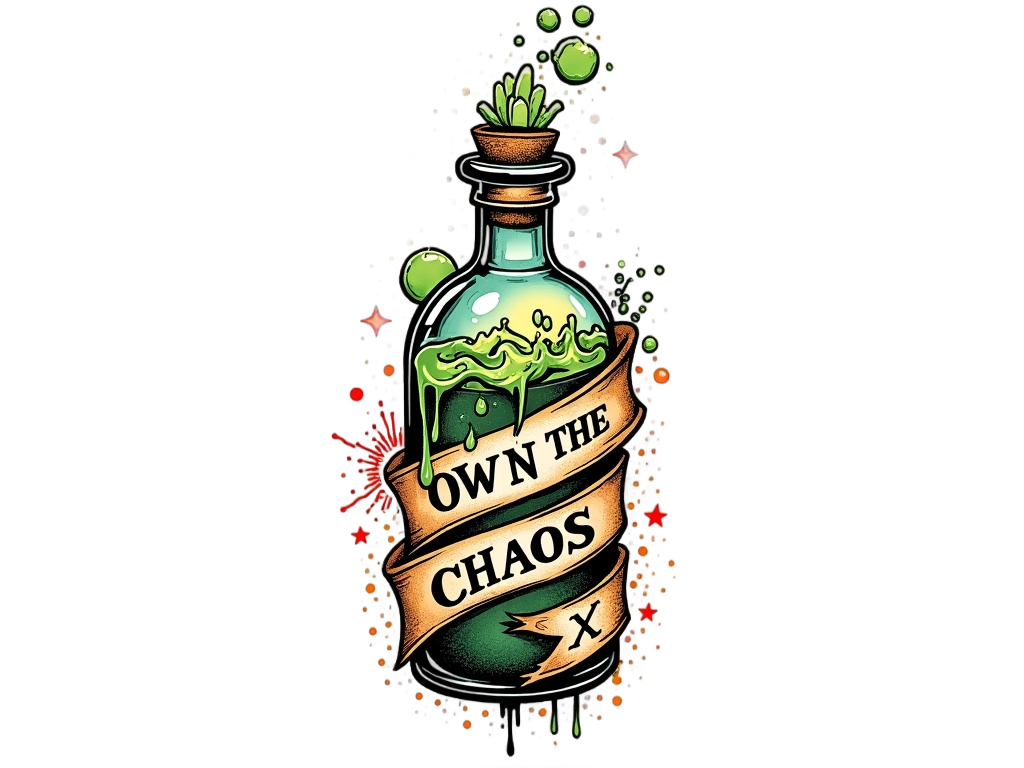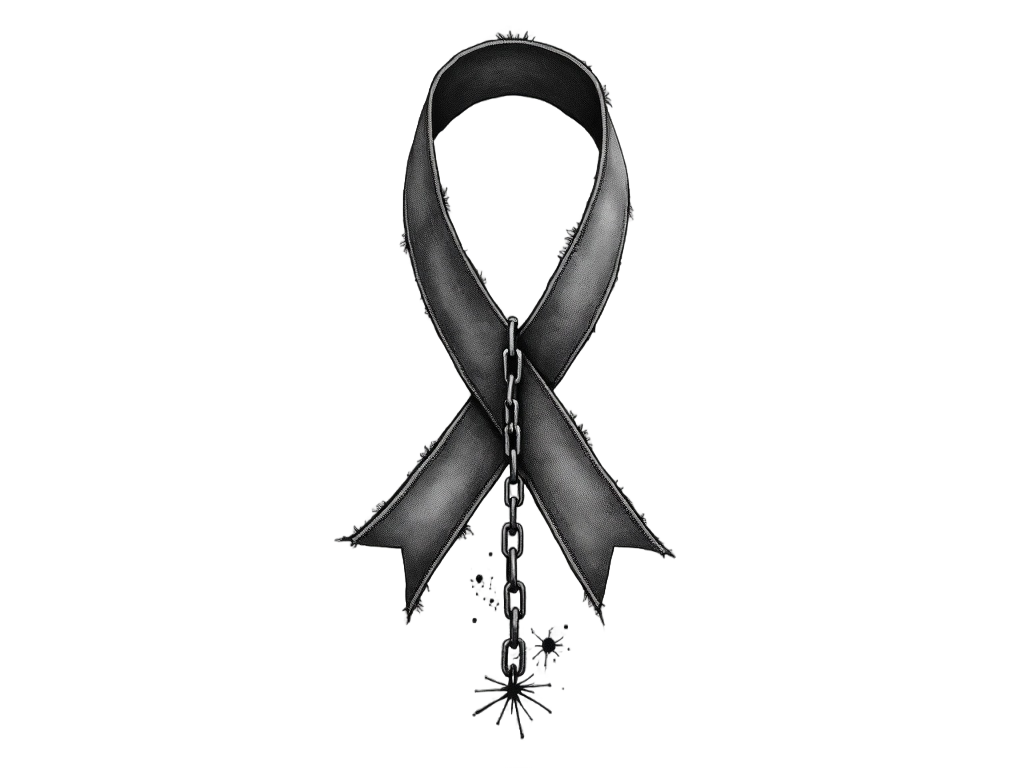Sobriety Tattoo Ideas, Designs and Meaning
Meaning of Sobriety Tattoos
- Sobriety tattoos are often chosen by individuals who have overcome addiction and want to commemorate their journey to recovery.
- These tattoos serve as a personal reminder of the individual's commitment to staying sober and the strength it took to achieve this milestone.
- Common symbols used in sobriety tattoos include the AA triangle, the serenity prayer, and the date of sobriety.
- The AA triangle represents unity, recovery, and service, which are core principles of Alcoholics Anonymous.
- Sobriety tattoos can also feature personal symbols or quotes that hold special meaning to the individual.
- Historically, tattoos have been used as a form of self-expression and identity, making them a powerful tool for those in recovery.
- Culturally, sobriety tattoos can be seen as a badge of honor, symbolizing resilience and personal growth.
- These tattoos are not limited to any specific gender or body part, allowing for personal customization and placement.
- Popular styles for sobriety tattoos include minimalist designs, script, and traditional tattoo art.
- Beyond personal significance, sobriety tattoos can also serve as a conversation starter, helping to raise awareness about addiction and recovery.
4,307 Tattoo Ideas


Sobriety Tattoos
Selection from Pinterest
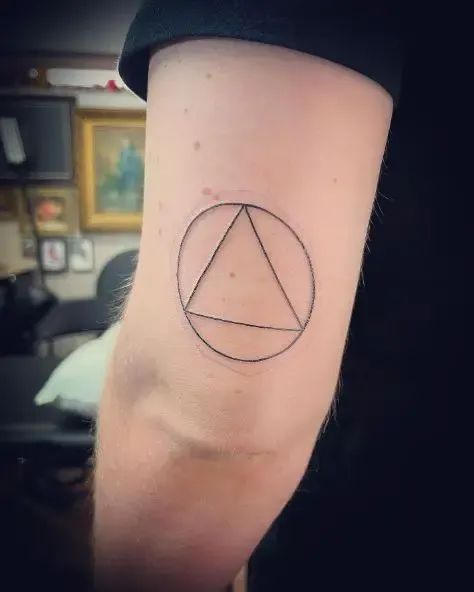

100+ Sobriety Tattoo Ideas To Mark Your Sober Journey
Selection from Pinterest
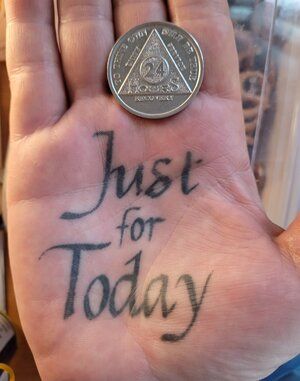

90+ Sobriety Tattoo Ideas That Will Blow Your Mind!
Selection from Pinterest
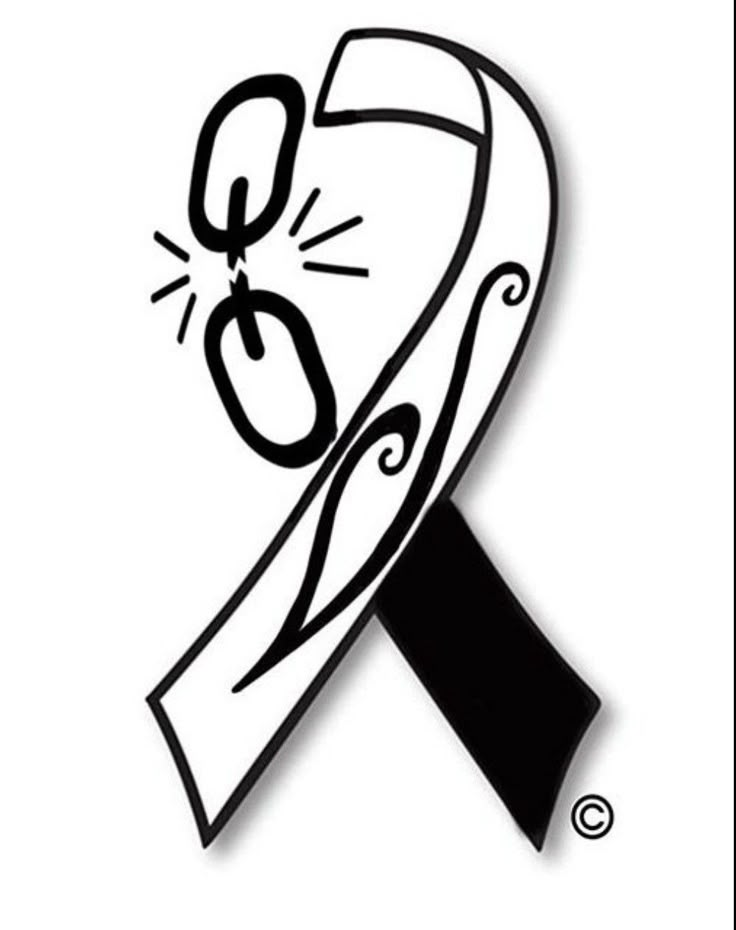

Recovery Ribbon Tattoo Body Art
Selection from Pinterest


sobriety tattoos
Selection from Pinterest


A reminder for all those still sick and suffering....
Selection from Pinterest
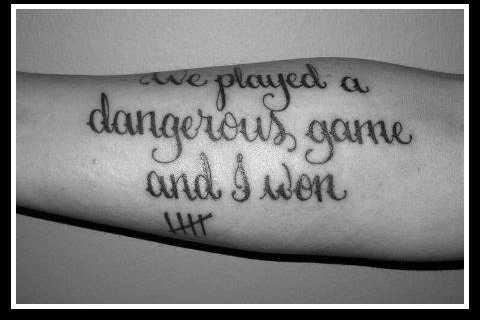

I got this tattoo on my 5 year sobriety anniversary.
Selection from Pinterest
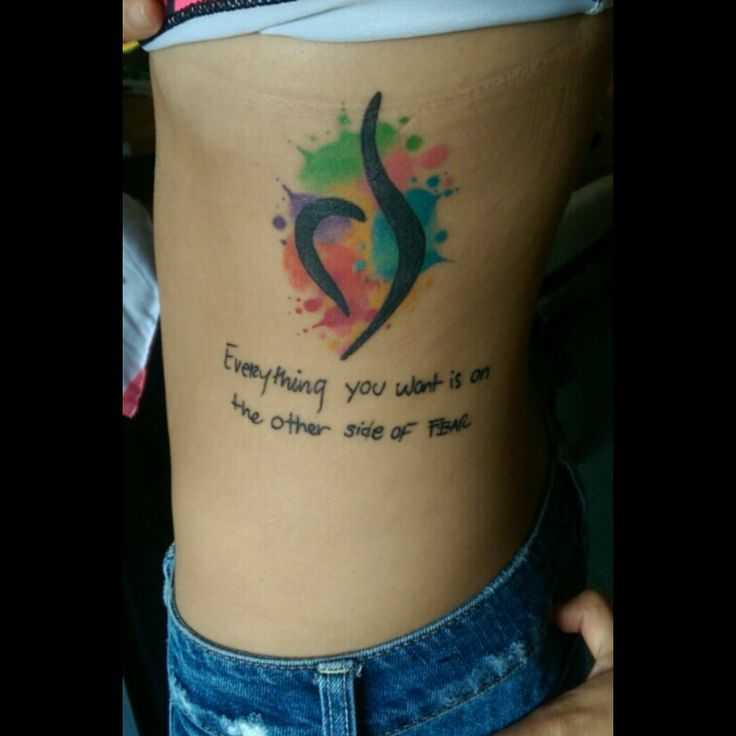

38 Tatt idea | tattoos, cool tattoos, recovery tattoo
Selection from Pinterest
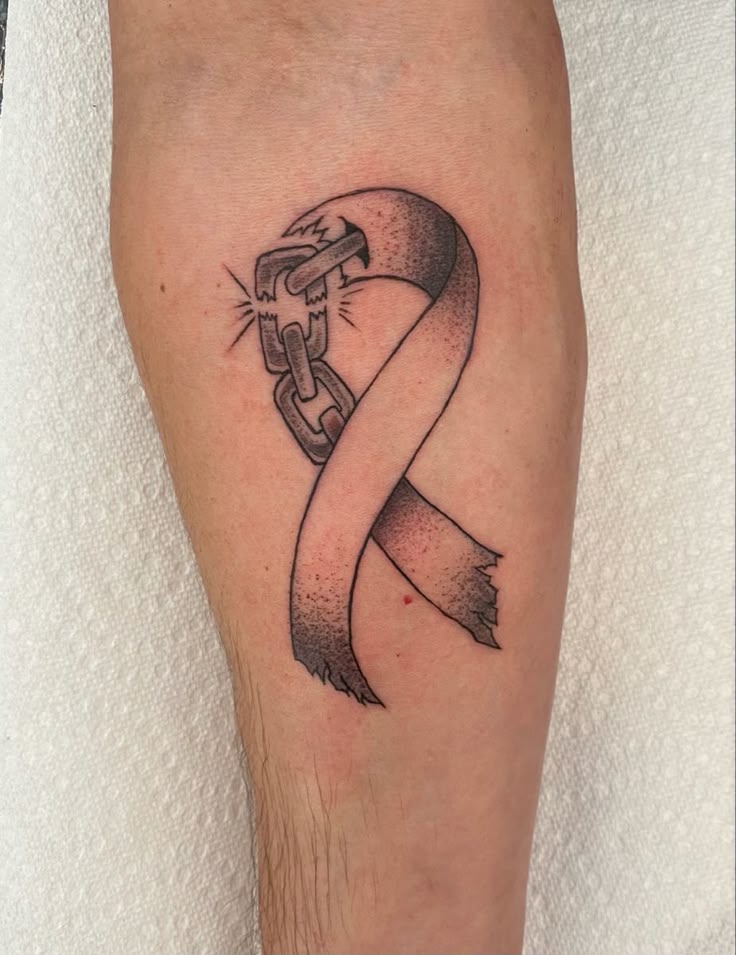

Break the Chain of Addiction Tattoo
Selection from Pinterest


sobriety tattoos
Selection from Pinterest
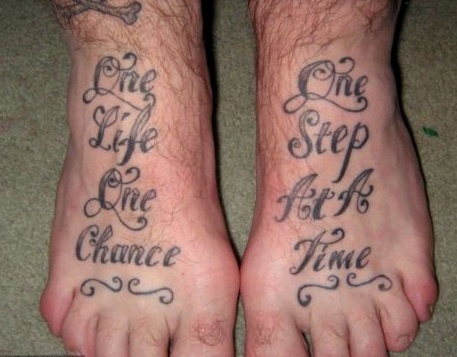

Tattoo Ideas: Quotes on Addiction, Sobriety, Recovery
Selection from Pinterest
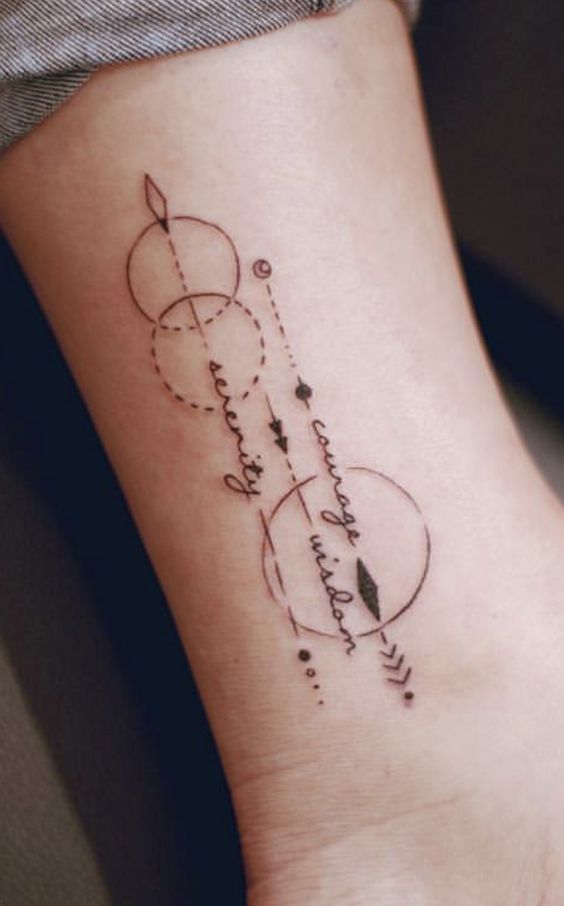

Serenity Prayer Tattoo. - MELTBLOGS
Selection from Pinterest


3rd tattoo, symbolizing my connection with God, my upbringing in AA and the respect I have for all who choose to take the journey through the program
Selection from Pinterest


45 recovery ideas to save today | anchor tattoos, anker tattoo, anchor tattoo design and more
Selection from Pinterest


Sobriety tattoo
Selection from Pinterest
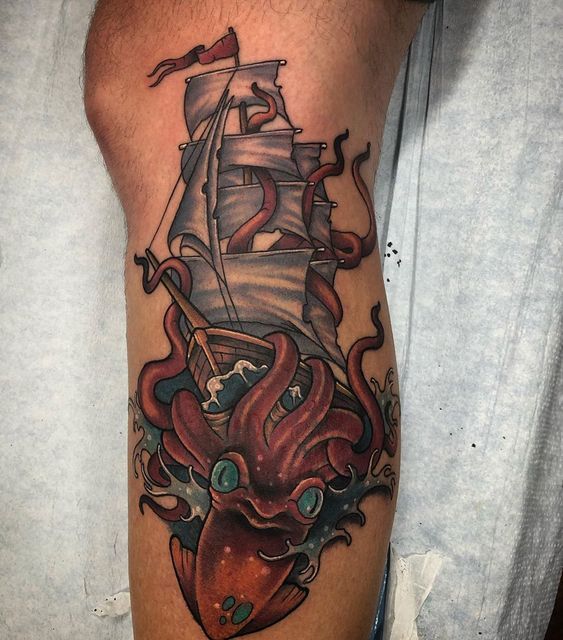

90+ Sobriety Tattoo Ideas That Will Blow Your Mind!
Selection from Pinterest
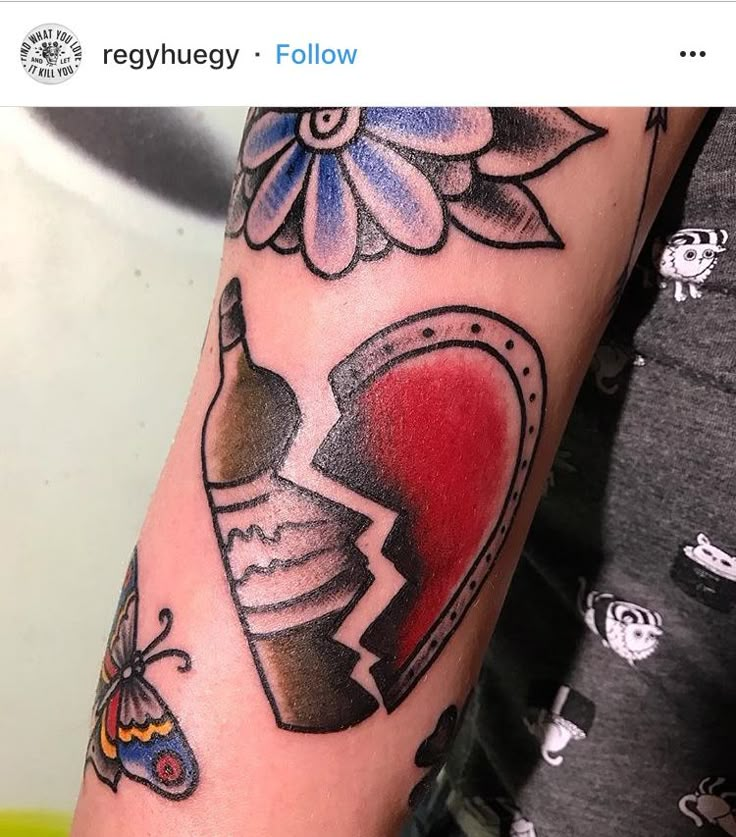

Pin on Tattooed
Selection from Pinterest


28 Recovery tattoo ideas | recovery tattoo, tattoos, tattoo designs
Selection from Pinterest
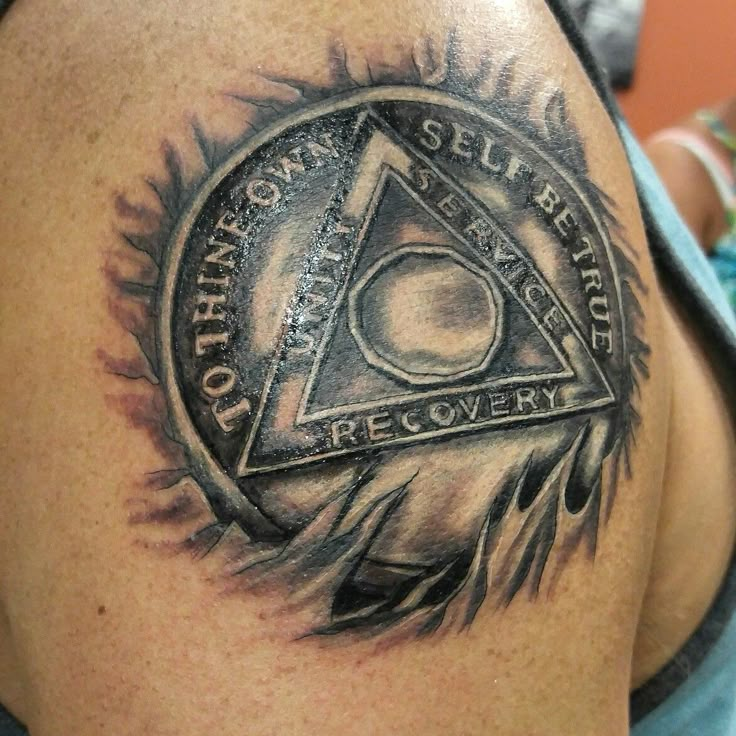

AA recovery tattoo
Selection from Pinterest
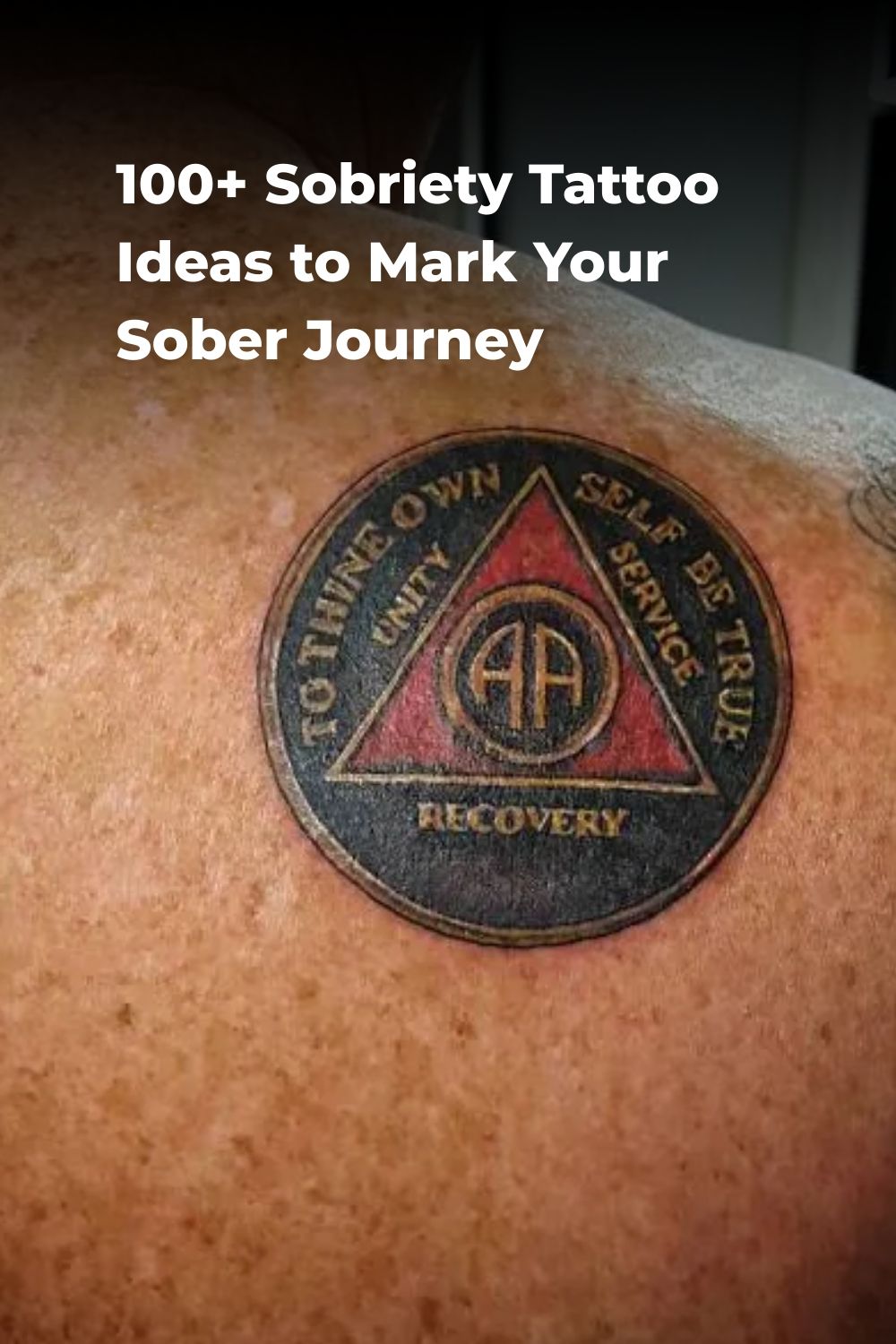

100+ Sobriety Tattoo Ideas to Mark Your Sober Journey
Selection from Pinterest
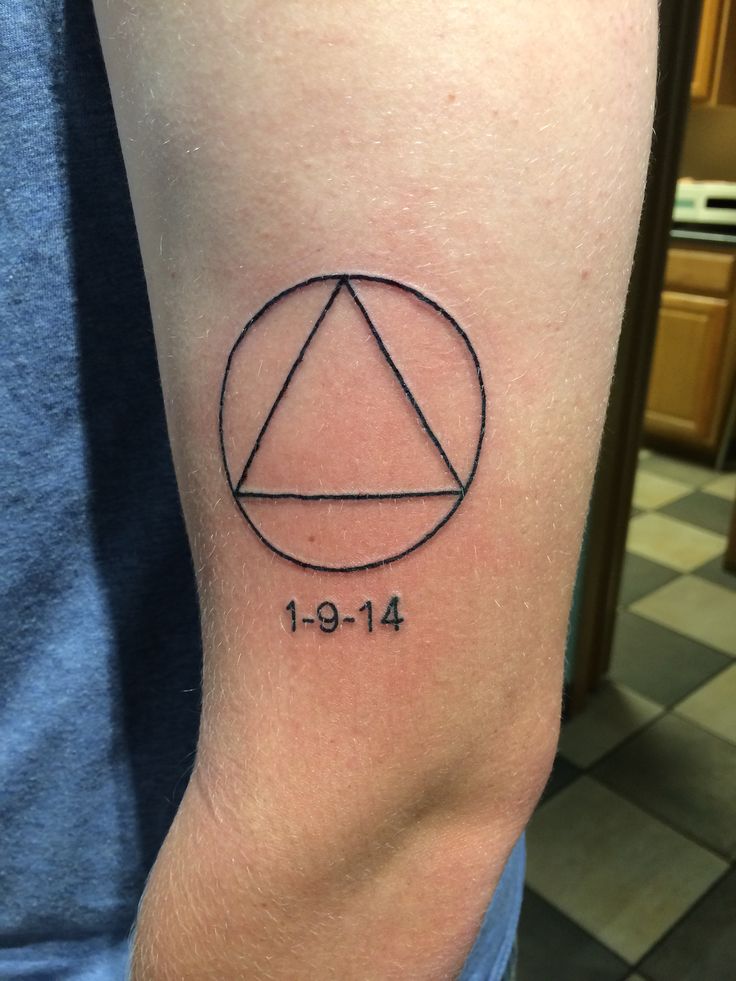

Pin on Ögonbryn
Selection from Pinterest
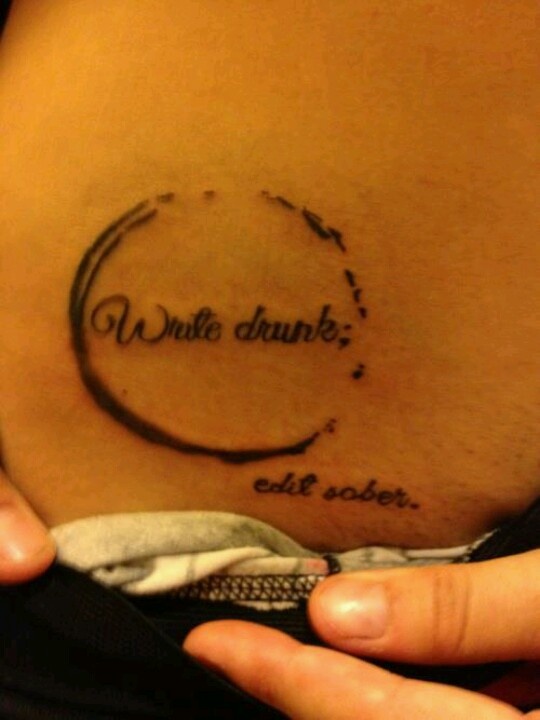

Write drink, edit sober tattoo
Selection from Pinterest
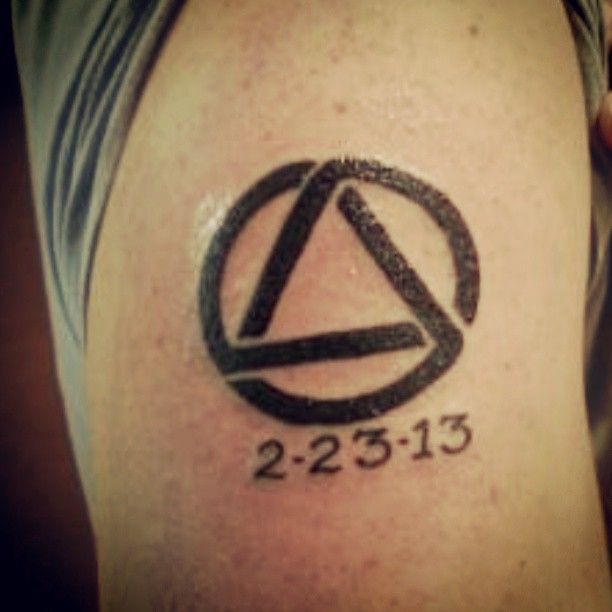

90+ Sobriety Tattoo Ideas That Will Blow Your Mind!
Selection from Pinterest
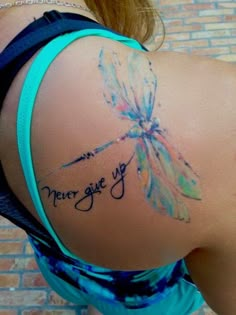

Sobriety Tattoos
Selection from Pinterest
One App to Store All Your Tattoo Ideas
Store your tattoo ideas in one place and Virtual Try-On them on your body!

Avoid Regrets with 3D Virtual Try-On!
Do a 3D Virtual Try-On to see how your tattoo design looks like on your body before you get it tattooed. Powered by Tatship's AI and 3D technology.



Historical Origins and Evolution of Sobriety Tattoos
The concept of sobriety tattoos has evolved alongside the history of addiction recovery movements. Alcoholics Anonymous, founded in 1935, played a significant role in popularizing symbols like the AA triangle, which has become an iconic representation of sobriety. Over the decades, as tattoo culture became more mainstream, individuals in recovery began using tattoos as a form of self-expression and a testament to their resilience. While sobriety tattoos do not have ancient historical roots, they have become an integral part of modern recovery culture, symbolizing hope, strength, and the ongoing journey of overcoming addiction.





